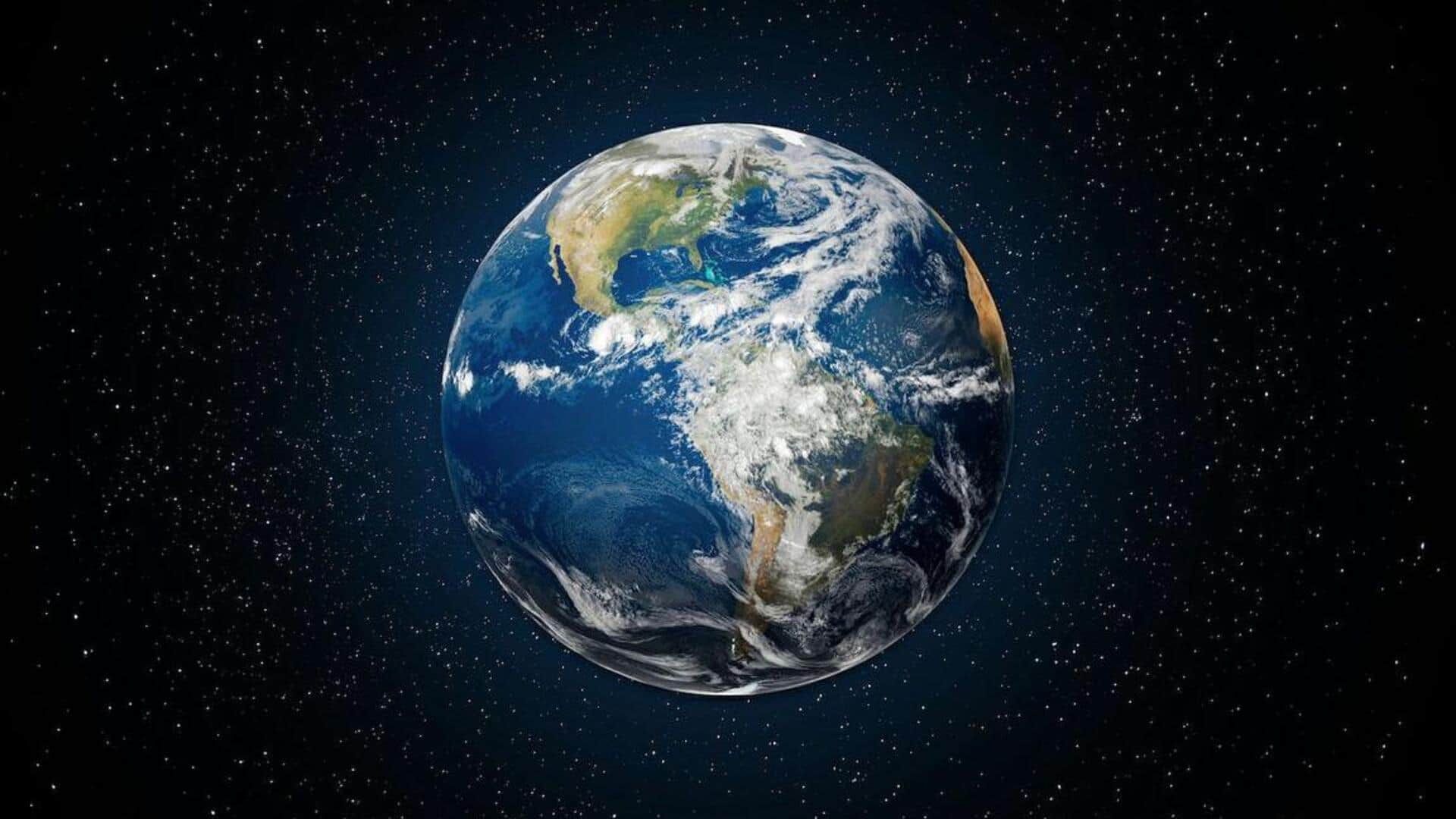
World to see catastrophic 2.6°C rise in temperature by 2100
What's the story
The world is still headed toward a catastrophic 2.6 degree Celsius rise in temperature by the end of the century, two major reports have warned. The Climate Action Tracker update found that despite new emission-cutting plans submitted for the COP30 climate talks in Brazil, global heating remains unabated for the fourth year in a row. This level of warming would breach the Paris climate pact's thresholds and lead to extreme weather events and severe hardships worldwide.
Emissions surge
Fossil fuel emissions to rise 1% this year
Fossil fuel emissions are projected to rise by 1% this year, hitting a record high. This comes as the rate of increase has more than halved in recent years. The Global Carbon Project (GCP) found that emissions from coal, oil, and gas have risen by 0.8% annually over the past decade compared to a 2.0% annual increase in the previous decade.
Current effects
Global temperature up 1.3°C since Industrial Revolution
The world has already warmed by about 1.3 degree Celsius since the Industrial Revolution due to deforestation and fossil fuel burning, resulting in more intense storms, wildfires, droughts, as well as other disasters. Under the Paris Agreement signed in 2016, countries are required to regularly update their plans to cut emissions. However, only around 100 nations have done so with insufficient cuts to tackle the climate crisis.
US impact
Climate Action Tracker's assessment has worsened
The Climate Action Tracker's assessment has worsened slightly, with global heating projected to rise from 2.1 degree Celsius to 2.2 degree Celsius by century's end. This is largely due to the US's withdrawal from the Paris climate deal under Donald Trump's presidency. The G77 group of nations plus China has supported a process at COP30 for a just transition away from fossil fuels, but some countries have not supported it.
Inaction criticism
Al Gore calls global heating 'literally insane'
Former US Vice President Al Gore has slammed the continued global heating, calling it "literally insane." He stressed the need for adaptation and mitigation efforts. Professor Corinne Le Quere from the University of East Anglia said emissions aren't decreasing rapidly enough but are growing less quickly due to renewable energy growth. The GCP projects atmospheric CO2 levels will reach 425ppm in 2025, up from 280ppm preindustrial levels.